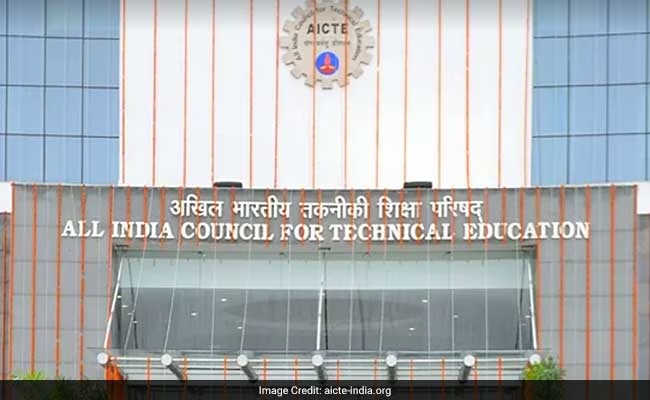
A report published in Hindustan Times said more than 75 engineering and technical colleges across the country have opted for "progressive closure" in this academic year, which means, these institutions will not take fresh admissions from this year. According to the report, the major reason for the closure is 'no takers for courses offered by these educational institutions'.
Among the institutions which will be closed this year, majority of them are from Uttar Pradesh, PTI quoted an All India Council of Technical Education (AICTE) official as saying.
The AICTE regulates the engineering and technological education in the country.
During 2018-19 and 2017-18 academic sessions 54 and 106 such institutions had opted for closure respectively.
The "progressive closure", however, will not affect studies of the existing students, albeit, the institutes will stop admitting fresh students and continue to function till the time the existing students graduate, the official told PTI.
Engineering colleges in states like Uttar Pradesh (31), Punjab (6), Chhattisgarh (5), Haryana (5), Uttarakhand (4), Tamil Nadu (4), Madhya Pradesh (4), Gujarat (4), Rajasthan (2), Telangana (2), Odisha (2) and Maharashtra (2) have opted for "progressive closure".
According to AICTE, there are 264 engineering colleges operating in the country without approval from the council.
An important recommendation in the newly published 'Short and Medium Term Perspectives' by AICTE involves no further increase in seats in engineering colleges and institutes.
Citing low capacity utilization, 49.8% (Capacity Vs. Enrollment), AICTE has recommended that no new capacity be created starting from the 2020 academic year. The creation of new capacity can be reviewed every two years after that.
Click here for more Education News
